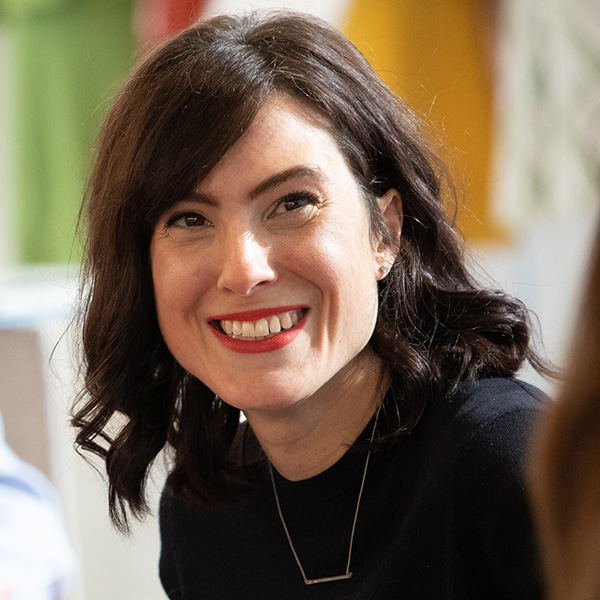Technology
Where brands now stand on Facebook boycott: The North Face returns but Coke, Chipotle and Eddie Bauer stay away

Featured Stories
8 streaming and CTV predictions for the TV upfronts
Media buyers and sellers predict the most significant changes to the TV upfront brought on by streaming—and if this is the year streaming and linear reach investment parity.






